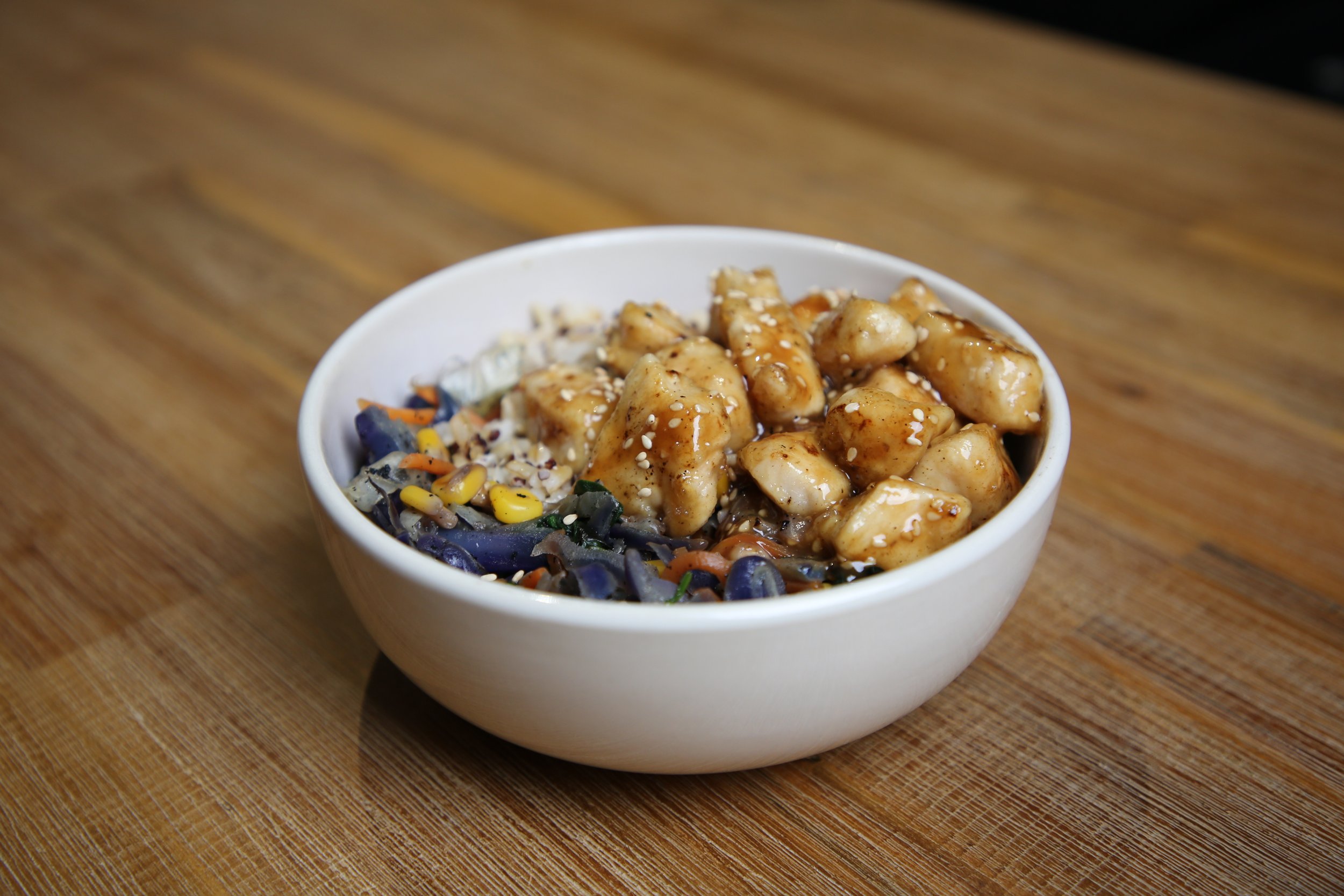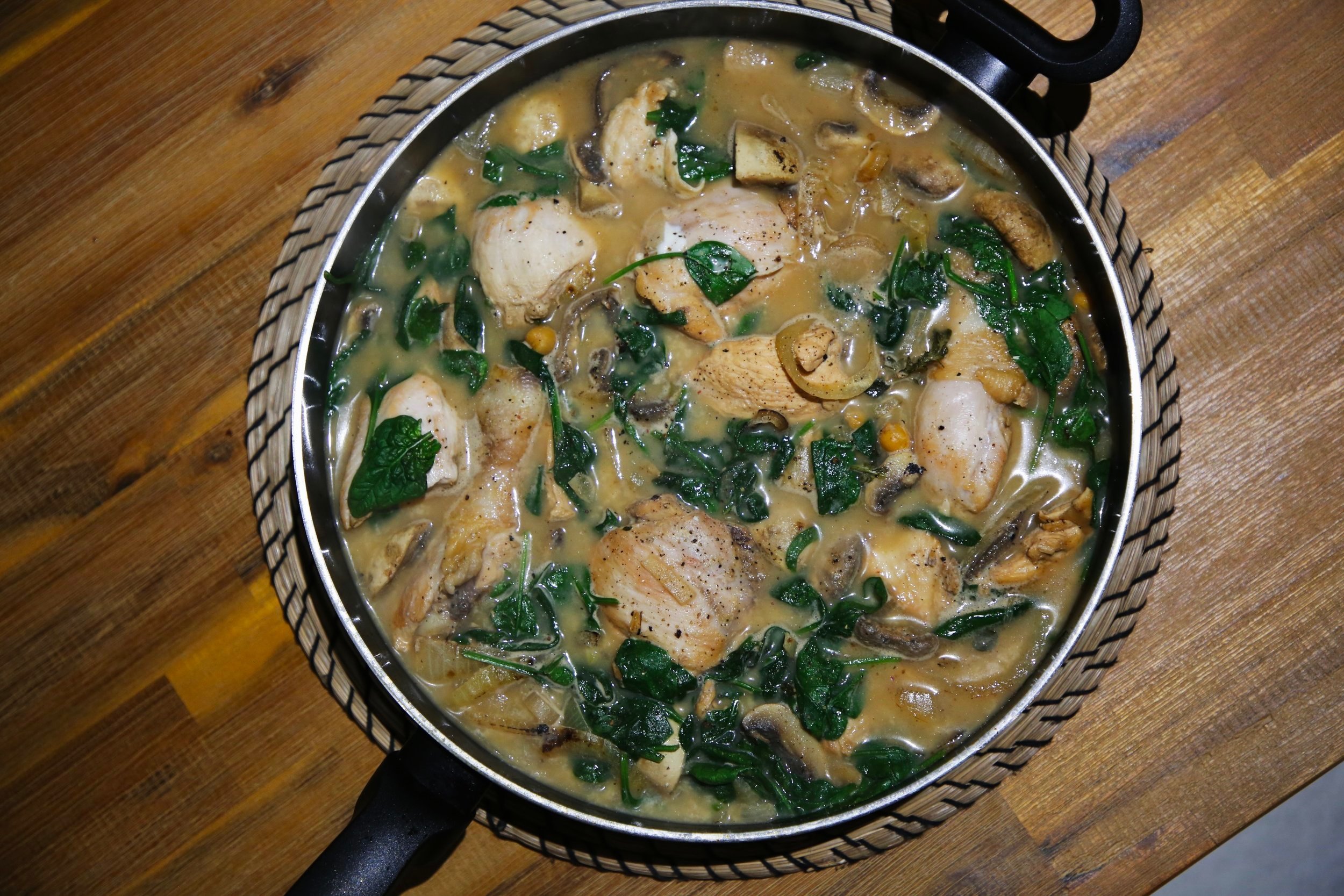Non-Diet Nutrition - What’s This Uprising Nutrition Movement
While not widely known to the general public, the concept of non-diet nutrition and its associated skills are gaining popularity among dietitians, playing a crucial role in helping individuals achieve optimal health and well-being. In this blog, we will break down what Non-Diet Nutrition is, what the science says and why it works.
So, what is it?
Non-diet nutrition is a weight-neutral dietary approach, which means shifting focus from weight to health and dissociating traditional weight standards from health. It was developed to address the weight bias prevalent in society and healthcare, which is associated with healthcare access barriers and disordered eating patterns.

There are multiple dietary movements that can be classified under non-diet nutrition. Some of which many of us have heard of or have practiced, including Healthy by Every Size®(HAES®), Non-Diet Approach, and Intuitive Eating. Despite their different names, most approaches share some common principles:
Practice self-compassion - learn to be kind to yourself.
Mindful eating - pay attention to the food and eating experience
Listen and act upon your body cues - Listen to your body’s natural hunger and fullness cues and how your body responds to different foods
Ditch dieting and food freedom - Ditch the diet and accept all foods into your diet. Work towards normalising eating.
Embrace body shape and size diversity in society - Understand that body size and shapes exist on a spectrum, and everyone can be healthy and beautiful in their unique size and shape.
Accept and embrace joyful movement - focus on including joyful movements in life.
What does the science say?
The uprising evidence has been showing some compelling results (1-8), including:
Improve heart and overall health, which is as effective as the traditional approach, if not better
Improve psychological health, such as reducing the risk of depression
Improve diet quality and healthy eating behaviours
Effectively increase physical activity levels
Improve body image, body appreciation and self-esteem
Decrease disordered eating behaviours (e.g. binge eating, emotional eating and non-hungry eating)
Achieve weight stability
Why does it work?
It reduces the chance of dieting and weight fluctuation, which prevents compromised health from dieting and weight fluctuation
It reduces weight bias in healthcare and promotes better treatment and healthcare access for people who are conscious about weight and body.
It promotes self-compassion, which also improves self-esteem and quality of life.
It teaches body appreciation and mindful eating, hence, reduces the risk of disordered eating behaviours
It helps shift focus off from weight and focus on making positive behaviour changes instead
It promotes normalised/intuitive/mindful eating according to body cues, making this practice less restrictive and easier to adhere to in the long term
Want to know more? Click here to read more about Intuitive Eating and how dietitians help people achieve intuitive eating.
If the idea of non-diet nutrition resonates with you, subscribe to our newsletter for more information, or book a 20-minute free trial consult to learn more.
References
Ulian MD, Aburad L, da Silva Oliveira MS, Poppe ACM, Sabatini F, Perez I, Gualano B, Benatti FB, Pinto AJ, Roble OJ, Vessoni A, de Morais Sat P, Unsain RF, Baeza Scagliusi F. Effects of health at every size® intervention on health-related outcomes of people with overweight and obesity: a systematic review. Obes Rev.2018;19(12):1659-1666
Bruce LJ, Ricciardelli LA. A systematic review of the psychosocial correlates of intuitive eating among adult women. Appetite. 2016;96:454-472
Clifford D, Ozier A, Bundros J, Moore J, Kreiser A, Morris MN. Impact of Non-Diet Approaches on attitudes, behaviors, and health outcomes: a systematic review. J. Nutr Edu & Behav.2015;47(2):143-155
Hensley-Hackett K, Bosker J, Keefe A, Reidlinger D, Warner M, D’Arcy A, Utter J. Intuitive Eating intervention and diet quality in adults: a systematic literature review
Schaefer JT, Magnuson AB. A review of intervention that promotes eating by internal cues. JAND, 2014
Papies EK, Barsalou LW, Rusz D. Understanding desire for food and drink: a grounded-congnition approach. APS.2020;29(2):193-198
Tylka TL, Annunziato RA, Burgard D, Danielsdottir S, Shuman E, Davis C, Calogero RM. The weight inclusive versus weight-normative approach to health: evaluating the evidence for prioritising well-being over weight loss. J Obes.2014;
Mensinger JL, Calogero RM, Stanges S, Tylka TL. A weight-neutral versus weight-loss approach for health promotion in women with high BMI: a randomised controlled trial.Appetite.2016;105:364-374
More blogs like this

Malcolm is an Accredited Practising Dietitian, Provisional Sports Dietitian, trained eating disorder dietitian and founder of Timeless Dietetics. He is passionate about promoting a flexible style eating that balances health, goals and life enjoyment.














































